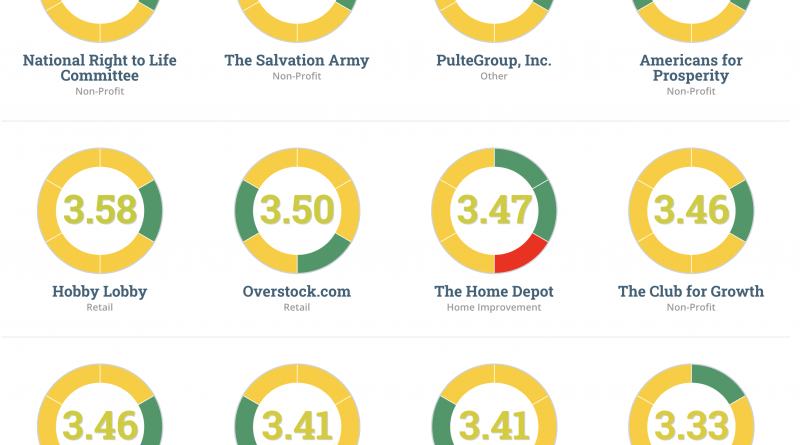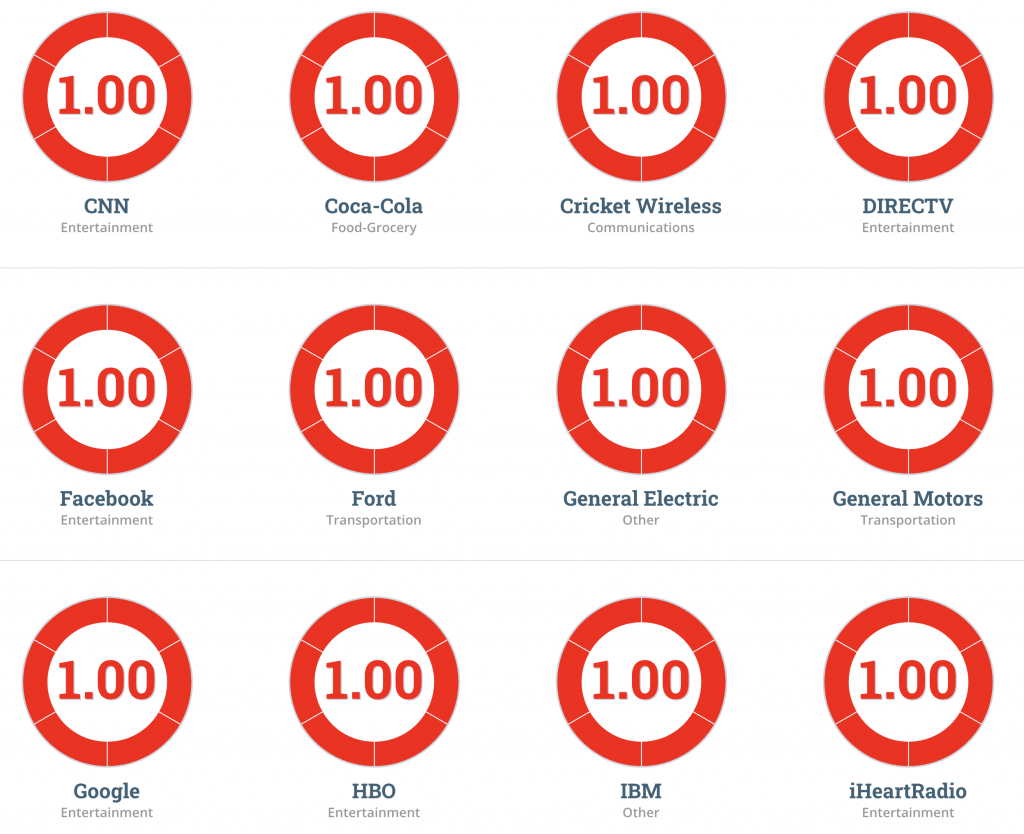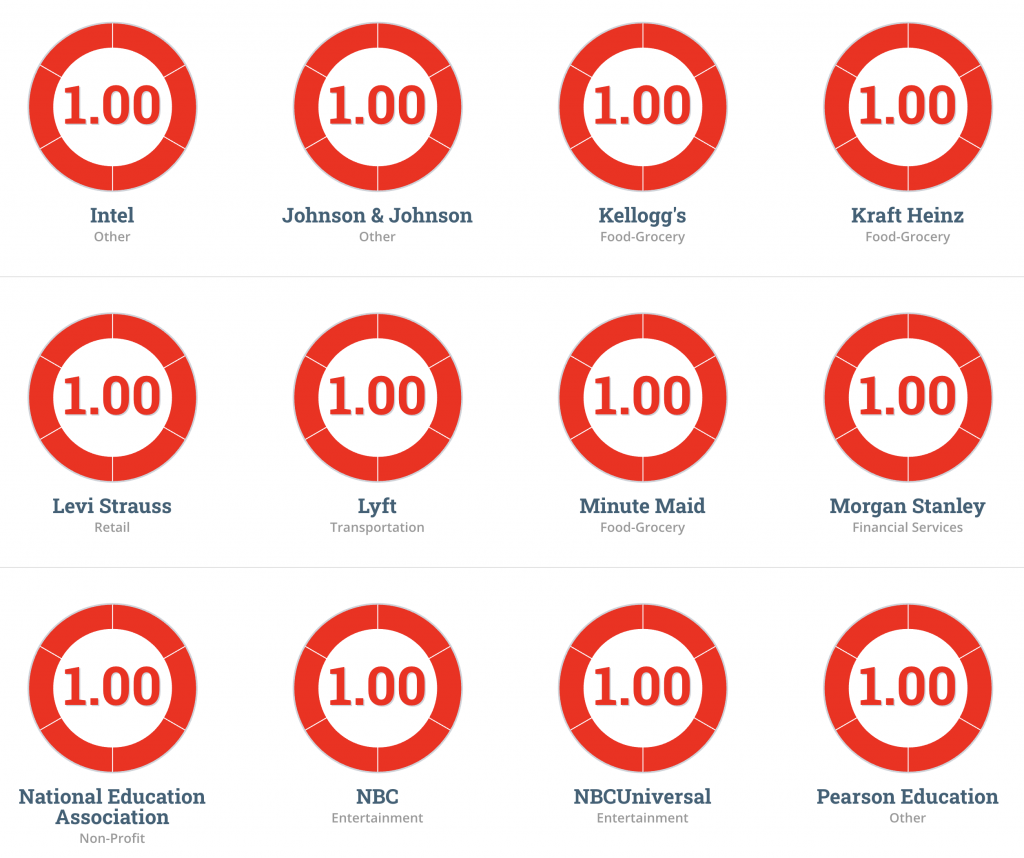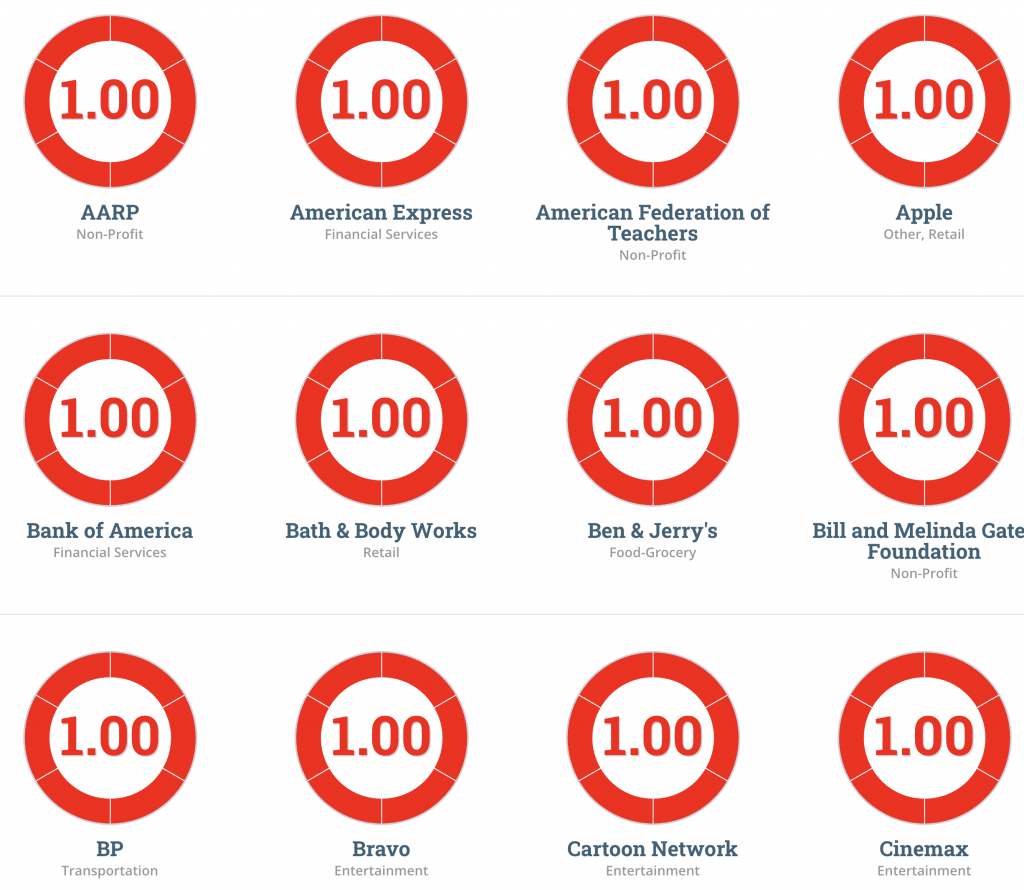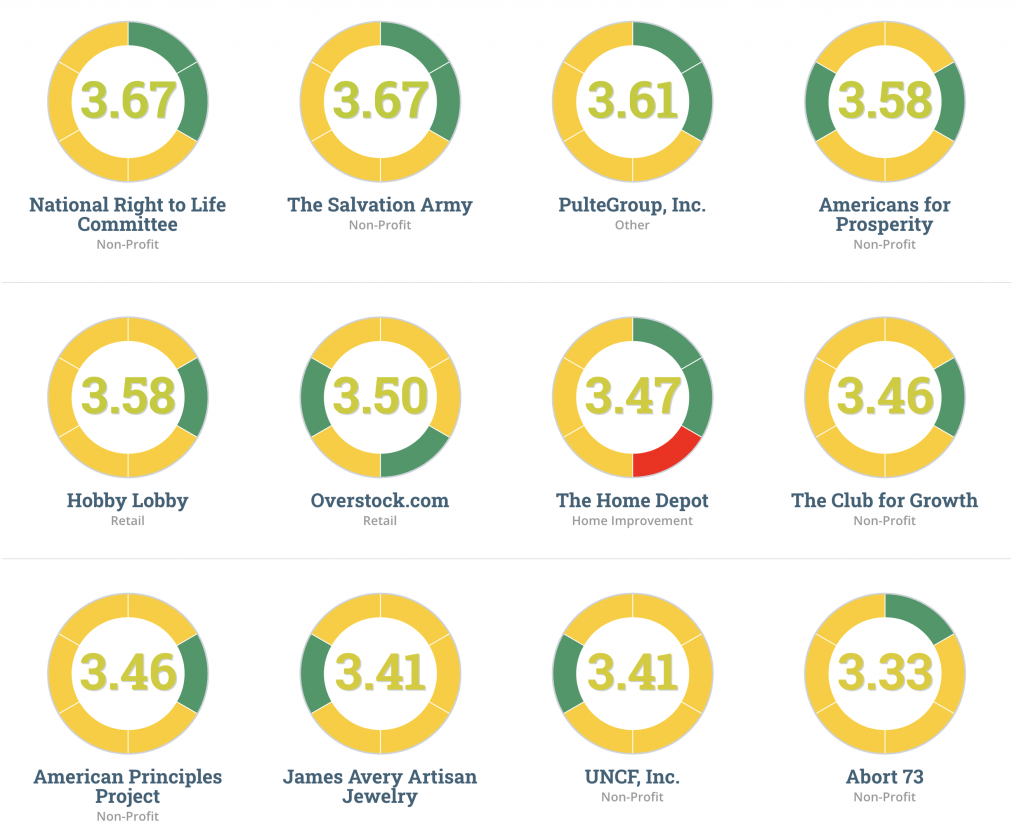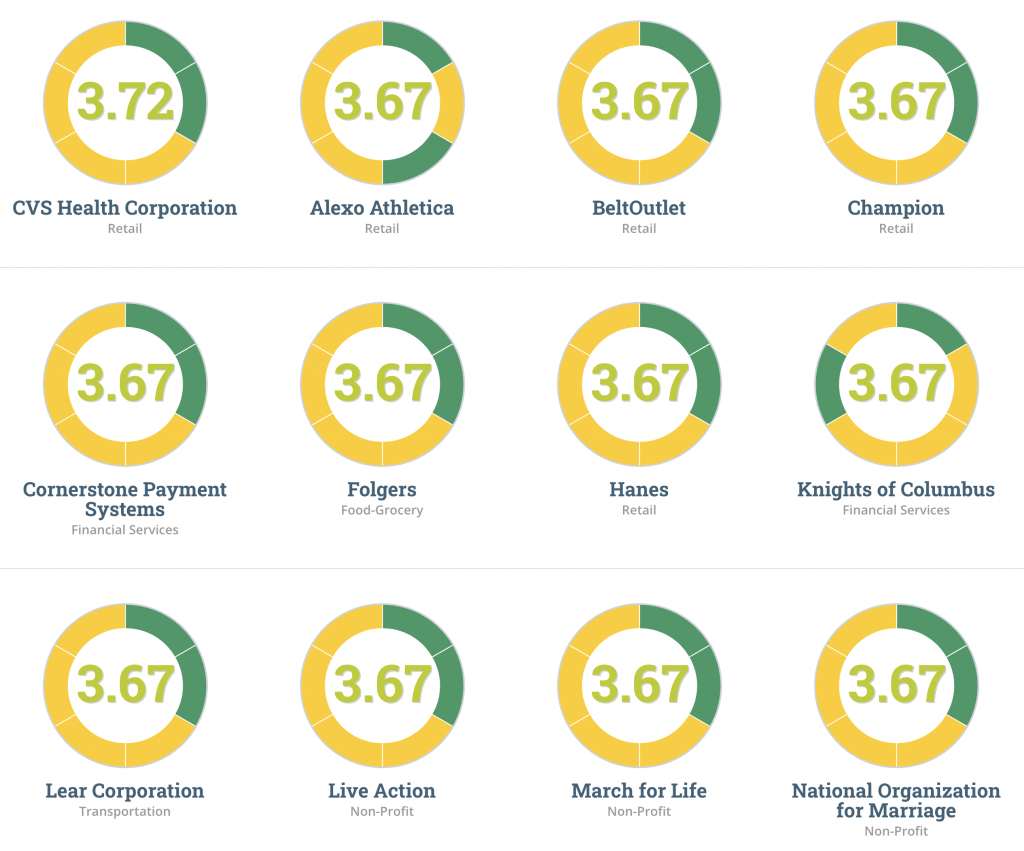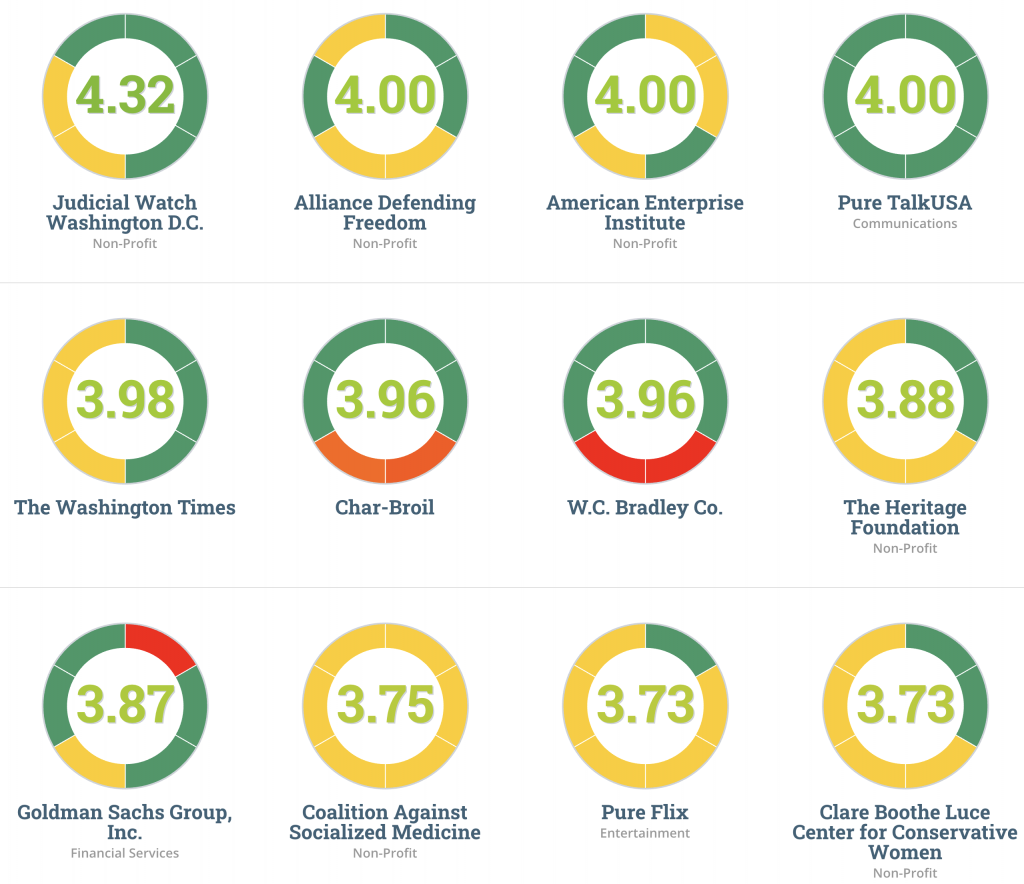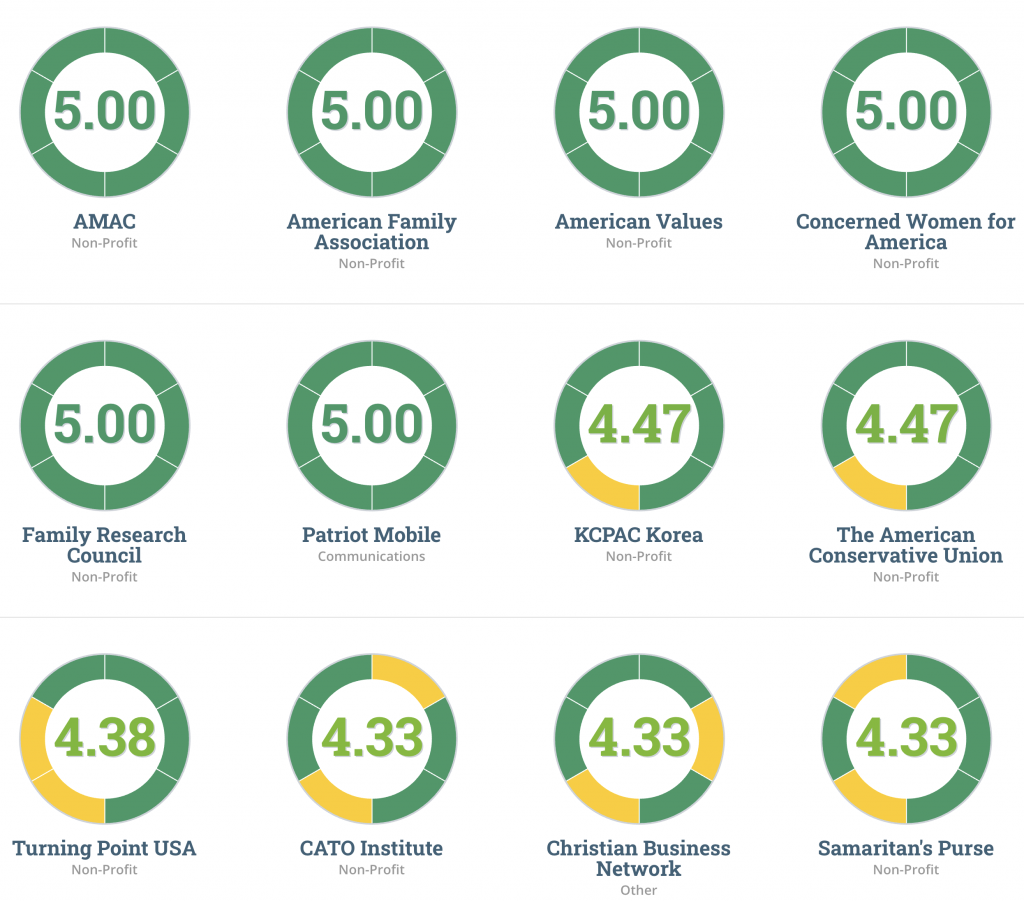You’ve Heard Of Socially Responsible Investing. Now Get Ready For… Socially Irresponsible Investing?!
Really, sometimes I just truly hate this timeline. As my college classmate Kath Barbadoro noted, responding to a thread on “what was the most popular movie the week you were born, slash, that will be how the rest of your year will go,” maybe Deep Impact (1998) is a good one to hope for. As I get up to speed on some of the facets of energy policy that I’ve been familiar with but wanted some more in-depth knowledge of, I figured I’d delve into the realm of How The Other Side Thinks. I thus went down a really, really awful rabbit hole and listened to a podcast of the Jacki Daily Show, featuring Jason Isaac of the Texas Public Policy Foundation (TPPF).
“Best Of” Gems, a.k.a. Diamonds Formed Under Pressure From Clean Coal
The TPPF is one of those dark money organizations we keep hearing so much about. They’re not really as interested in public policy per se, and certainly not public policy in the public interest, but rather, advocacy on very specific issues. Like, you know, climate change denialism (TPPF had on staff climate change denialist Kathleen Hartnett White, among others). Founded originally to work on advocacy around school choice, the organization has received funding in recent years from the Kochs and the private prison industrial complex. It’s not terribly surprising, then, that their own Jason Isaac came on The Other Daily Show. Some zingers from the chat with Mr. Isaac:
DAILY: “Chairman Markey! Yikes! He is not one of the most energy-friendly guys. In fact, he’s the most hostile– hostile against American energy!”
- Ed Markey (D, MA-7) was the co-sponsor of the 2009 American Clean Energy and Security Act, known commonly as Waxman-Markey. The bill is widely considered to be the OG of modern, monumental climate-specific legislation. It is a fun talking point for conservatives who think that carbon dioxide is actually a virtuous thing that we should have more of, not less.
ISAAC: “One of those things [carbon dioxide] is necessary for life, and I enjoy a Topo Chico.”
- This was, evidently, a real life line that was uttered by a real human. Carbon dioxide is necessary for plant life. It’s also created by cellular respiration, or whatever. But there’s ample evidence that it’s making the planet warmer, and making weather more unpredictable.
ISAAC (paraphrased): Extreme cold is more of a threat than extreme hot, so global warming isn’t a bad thing.
- Is this what they call a vacuous truth? Or more like, an “other than that, Mrs. Lincoln” statement? I mean. I guess it’s kind of true, but it’s true in the same way that it’s been true for thousands of years, based on human tolerance for our planetary habitat? Like. I don’t know what to do with this.
ISAAC: “I call it ‘green bling.'”
- This is a common refrain in the reactionary circles where pundits view renewables as toys.
- Tucker Carlson said the same thing during the February 2021 ERCOT disaster in Texas, calling wind turbines “jewelry.”
- It’s an attempt to paint renewable energy as somehow emasculated and therefore inferior.
- It’s a weird, utterly creepy, and frankly absurd thing to say about an industry that employs several times more people than the coal industry.
“Profitable Companies Are Making Bad Decisions And Its The Libs’ Fault”
A doozy.
ISAAC: “It’s already being done! Banks are forcing us to go along with their bad investment decisions!”
- The solar industry has grown by leaps and bounds in previous years with minimal public subsidy, though aided by the adoption of renewable portfolio standards by a combination of regulatory intervention by state public utility commissions and ballot measures from cities and state referenda. A large part of this is actually purely market-driven as the cost of solar panels decreases. There are big problems with solar, like how to balance grid capacity and resiliency, or how to recycle the solar panels at the end of their couple-of-decades-long lifespans. People are working on figuring this out. In the meantime, it seems a bit rosier than, you know, filling the ground with mercury and arsenic.
- **Obama voice** Let me be clear. Companies invest in things that generate a profitable return. This is how a corporation works. A corporation doesn’t care about ethics. It cares about profit and it cares secondarily about liability and risk. Banks are posting record profits right now. I guess that’s all from investing in thoroughly unprofitable things. But what do I know?
Liberal Mind Control And CO2
DAILY: “The Left has realized that they have to start targeting CO2. Because that’s how you control every aspect of your lives.”
- Yeah, I just… really didn’t know what to do with this one. I have no interest in controlling your life. I just want clean air and buses.
ISAAC: “Climate deaths have gone down 99% in the past hundred years.”
- [Dubious– explain. Because we now have… electricity? And antibiotics?]
ISAAC: “The World Bank isn’t lending to people to improve their lives by improving their situations with fuel sources.”
- What? You’re mad that a private, quasi-non-governmental agency, that you don’t even think should exist, isn’t lending to support fossil fuels? I’m confused.
Stuff I actually agreed with.
I’m always looking for some value in even the craziest monologues. Isaac says, for example, that we should focus substantially on non-CO2 pollution. I agree! I think we should reduce nitrous oxides and mercury and arsenic and lead and whatever. All of these things come out of fossil fuel combustion. He says we should regulate these things. And I agree. But it’s funny, this… isn’t what… his party… is doing?
He also mentioned the value in thinking about how to address global poverty by way of improving the economics and environmental impact of cooking fuel in the third world. This is an interesting one and one I think we should look at. Unfortunately for him, the market isn’t doing a whole lot to help him out! Almost seems to make the case for government intervention, huh?
And finally, he mentions that there’s a huge percentage of ozone in Southern California– and, to a lesser degree, particulate emissions- that come from East Asia. This is a huge problem that we aren’t talking about. It’s also something that gets pushed to the side in multilateral, voluntary agreements that connect global economies to solve climate change issues. China has got to pony up and stop burning coal. The sooner we work with them to make it happen, the more likely a reality it becomes, and the sooner it happens.
The Socially Irresponsible Investment Product.
We then moved onto the idea of how socially responsible investment products are stupid. Daily, who is sort of a downmarket Jeanine Pirro, introduced me to one of those things that I “really wish I never knew existed because they’re needlessly taking up valuable space in my brain,” like those little fish that eat your dead skin, or electronic shifters on road bikes: the existence of so-called “socially conservative investment products.” This includes two brand-new ETF’s on the market, one of which is LYFE (as in pro-), or, 2ndVote Life Neutral Plus ETF.
Daily’s big thing is that she thinks that conservatives should have “an investment option for un-woke investors.” Un-woke? Does that mean “asleep?” She continues to say that “we believe that companies that focus on profit makes more money than companies that don’t.” Yeah, like… Jamie Dimon is definitely volunteering his time to hate poor people in primetime TV interviews? What do I even do with this?
So, are they actually interested in identifying profitable companies? Let’s have a look!
The Evil Companies– Are The Most Profitable?
Yea, these perpetuators of crimes against humanity! They don’t put profit first, they put liberalism first! That’s why this list comprises trillions of dollars of market capitalization, yes? Between all of the players represented here– we’ve got Apple ($2.17tn market cap), Google ($1.66tn), Facebook ($952bn), Johnson & Johnson ($434bn), Ford ($58bn), GM ($88bn), GE ($118bn), Lyft ($19bn). Even Morgan Stanley ($168bn) made the list of the most hated. Amazon, which has occasionally worn the crown as the largest company in the world by market cap (currently “only” $1.7tn), surprisingly scored a whopping 1.62. Microsoft bests Amazon at a 1.67.
Methodological problems. It’s unclear how they are breaking down what a “company” is. HBO, Cartoon Network, and Cinemax, for example, are all subsidiaries of WarnerMedia, which is, in turn, a subsidiary of AT&T. Cricket, CNN, and DirecTV are also both owned by AT&T ($207bn market cap). NBC, Bravo, and NBCUniversal are owned by Comcast ($262bn), and Minute Maid is owned by Coca Cola ($239bn). Hard to imagine what an oil drilling company– classified here as “transportation”- must have had to do to piss off a conservative investment analyst ($94bn). Ben & Jerry’s has been owned by Unilever ($159bn) longer than I’ve had broadband internet.
An Awful Lot Of Market Cap For People Who Aren’t Profit-Focused
Disirregardless, as it were, this list of 36 organizations at the bottom only actually includes what we can figure as actually more like a couple dozen corporations. They do, however, comprise some common targets of the conservative media, so this explains that part of it. But this list also comprises around 15 trillion dollars of market capitalization. That’s, well, a good chunk of the US economy.
You’ll note some high-scoring entries here that might be household names if you’re an evangelical Christian, like James Avery Artisan jewelry, God’s Jeweler– seems a bit presumptuous to me, honestsly- that would rank in the Fortune 600 if it weren’t a private company. The Washington Times is a conservative newspaper, for example. But heck, The Heritage Foundation, an unapologetically pro-Trump think tank in DC that has repeatedly worked to undermine voting rights and kowtow to the fascist agenda of the previous administration, doesn’t even get a perfect score.
Again, so many of these are nonprofits or subsidiaries (Folgers, owned by Smucker, or Char-Broil, owned by W.C. Bradley) that it’s hard to really tell what’s up.
Ok. Yeah. I just don’t know what to do with this one. Let’s ignore for a moment the fact that the top-scoring “companies” here are all nonprofits with a relatively miniscule economic footprint. The Koch-connected Cato Institute has a budget of around $31 million per year, much of which it spends on making sure its Massachusetts Avenue headquarters is tethered to the ground from all of the hot air generated by Randal O’Toole’s bloviating about how public transit is an abomination unto God. TPUSA, which fired Candace Owens for being too crazy, comes in at around $8 million. The Christian Business Network is seeking accredited investors!
Of the lone for-profit on here, Patriot Mobile has $6 million in revenues and 33 employees. It is a mobile virtual network operator that leases network capacity from Sprint.
Values, Meet Market Reality!
So, it’s unclear what 2ndVote’s metrics actually are, because you have to pay to access them. This inspires a limited amount of confidence as a prospective investor. I’m not, as it turns out, a prospective investor. (These are a far cry from other organizations, like Mark Cuban’s companies, which have recently cranked out a new product to rate the viability of nonprofit organizations more like a stock analyst would, and on a much deeper level than something like Charity Navigator). But the reason why is more that the fund doesn’t actually seem to follow Daily’s suggestion that we should be investing in profitable companies that put profit first.
Indeed, LYFE’s largest holdings are all companies that, well, rank fairly low on 2ndVote’s own scoring system. Could this be because the investment managers recognize that investing in top-scoring organizations like TPUSA isn’t, uh, actually a very sound value proposition? There is a limited scalability in Patrick Henry Freedom Wireless Ltd., or whatever, if it is still leasing airwaves from AT&T or Sprint. Then again, maybe it’s really not that interested in value propositions? After all, Arthur Laffer himself is one of the fund advisors. I couldn’t make this up.
“A Change Is Gonna Come” – Corporate Politics, Periodically
The world is changing, people. Call it “socially responsible investing” or call it “shifting paradigms.” But the idea that socially irresponsible investment is actually a good thing is not only ridiculous, it’s also at odds with the profit figures here. In other words? Turns out no one wants to work for a company that doesn’t give same-sex partner benefits, nor for a company that lets employees leave their loaded AR15’s in their cubicles. Talent attraction and retention are a crazy game.
Even Wal-Mart changed from being arch-conservative not even a generation ago to having fairly progressive corporate policies, as they realized they were being trounced by companies like Amazon and had to step up their game (they didn’t even break 1.5 in 2ndVote’s ratings).
Looking forward to some, you know, normal podcasts at some point.

